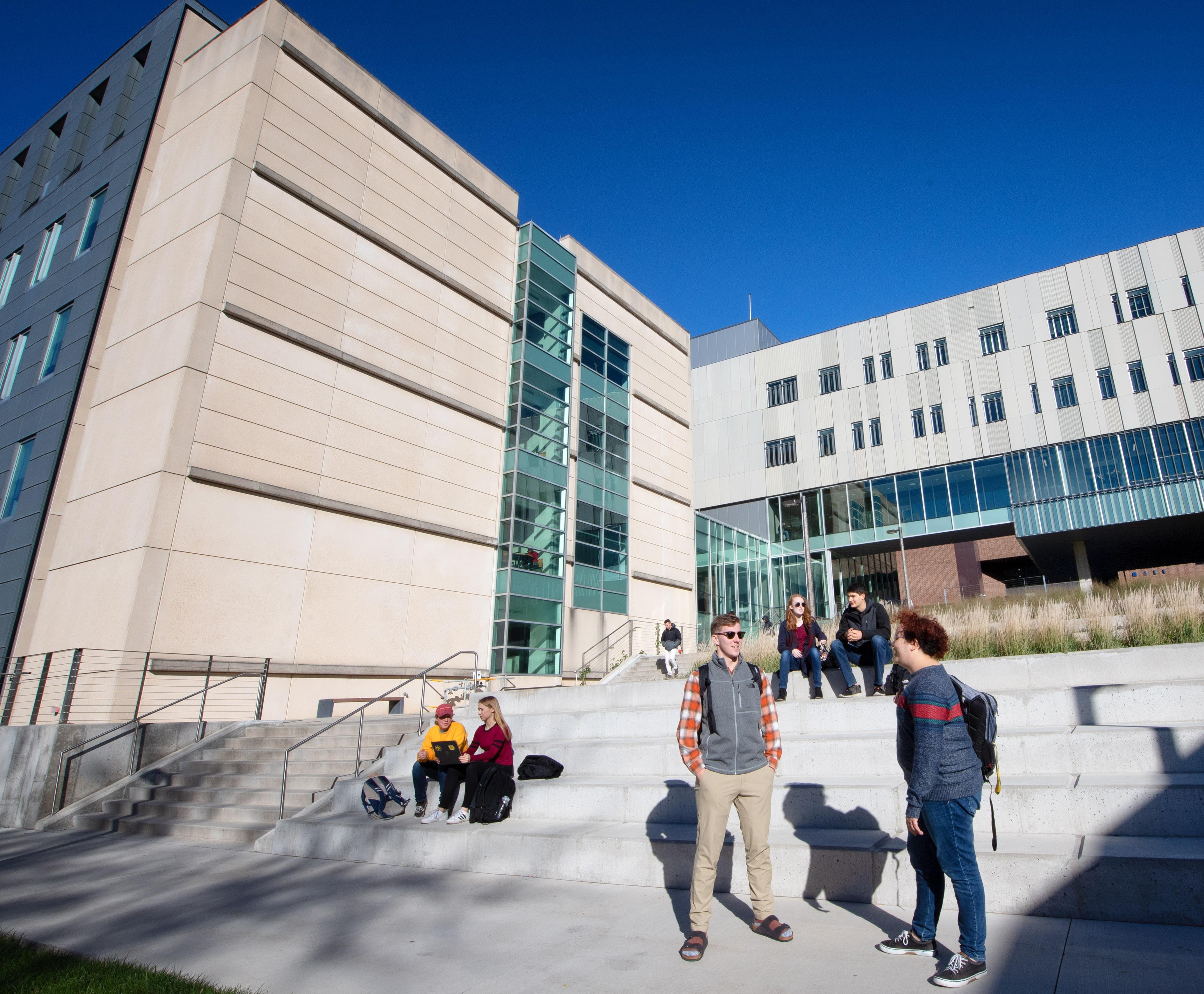ENGINEER THE FUTURE. BE A HAWKEYE.
COLLEGE OF ENGINEERING







The College of Engineering at the University of Iowa is where you can collaborate with your classmates on projects, work in research labs with faculty, and interact with industry leaders.
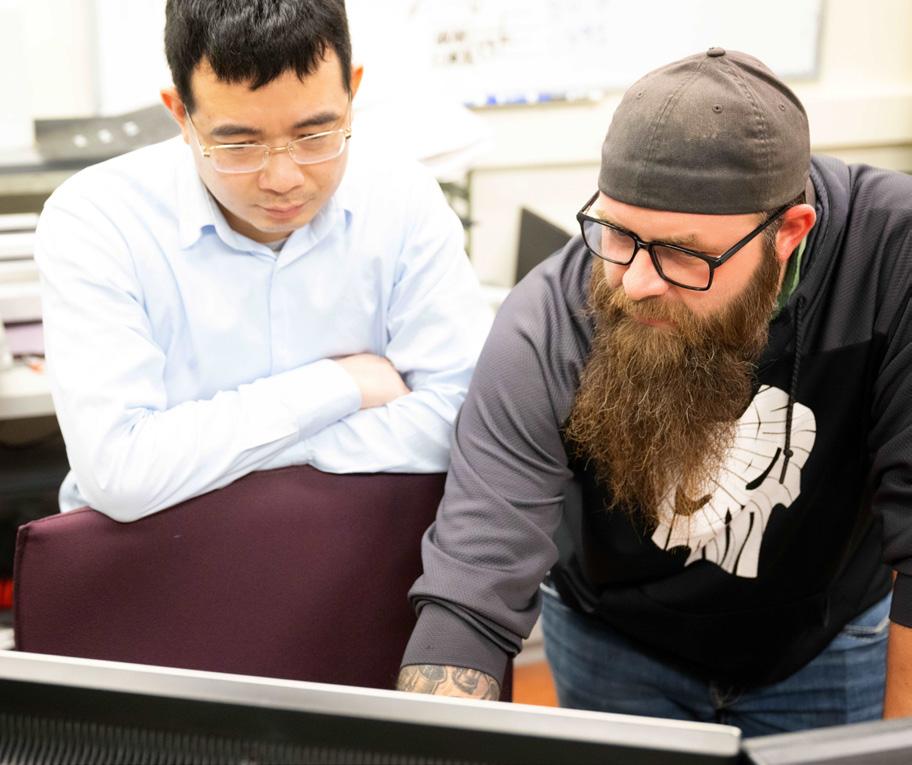

“At Iowa, I gained amazing knowledge from professors who are genuinely rooting for me to succeed, while alongside friends who make each challenge seem easier and each success feel greater. I feel so at home here in this community of engineers.”
Mikaela Thiel, Mechanical Engineering Chanhassen, MN
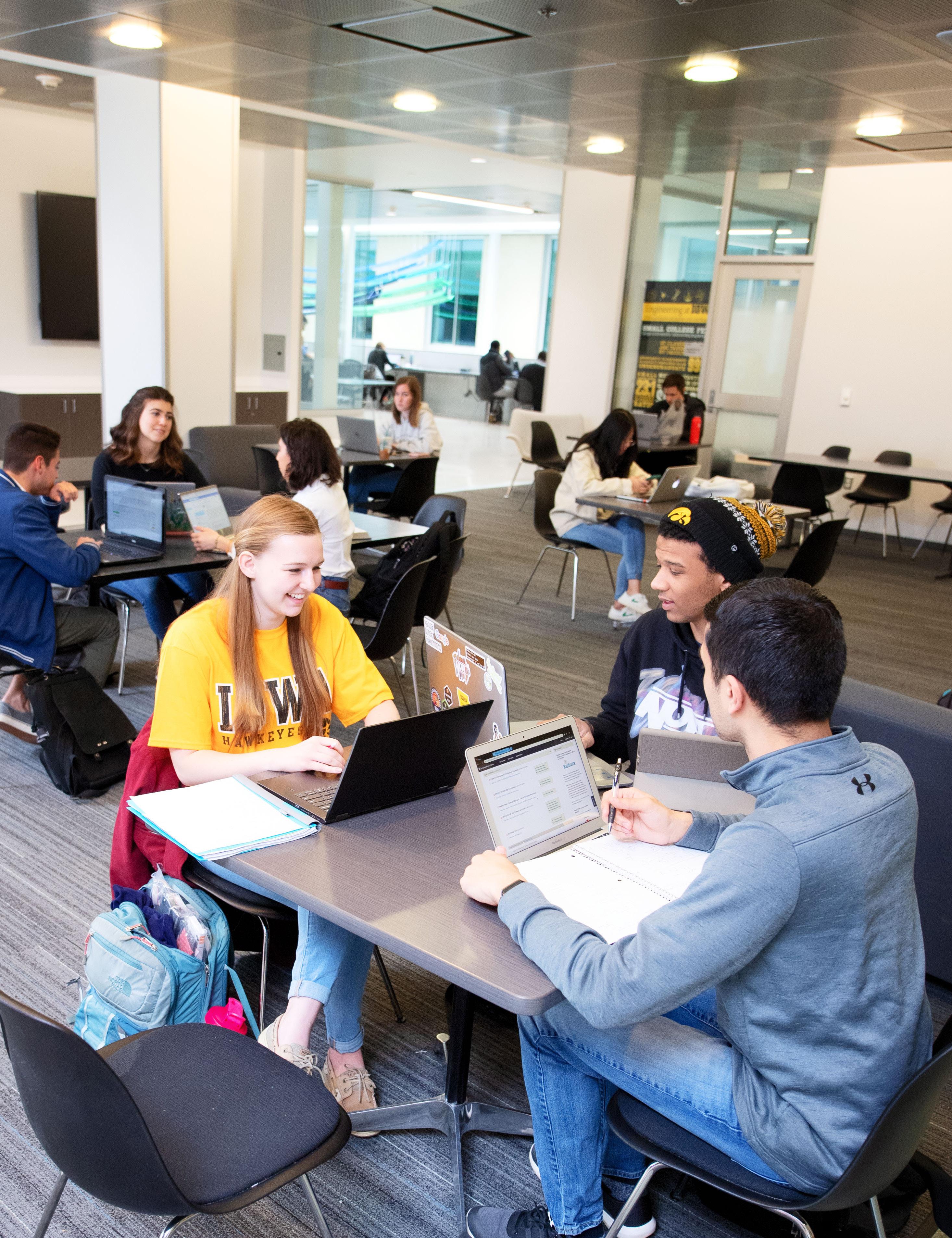
You are admitted directly into the College of Engineering and into the major of your choice.
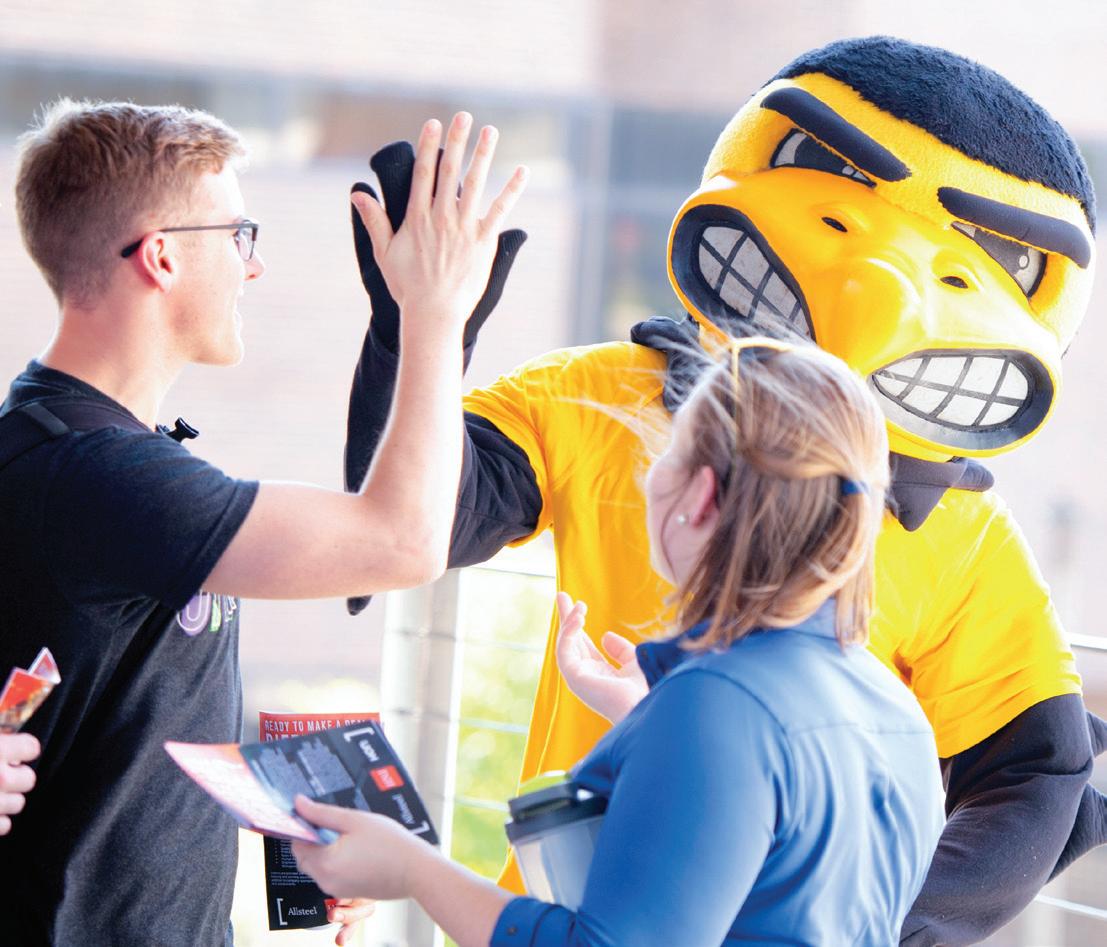
There is no competing to get into any engineering major.

“Being able to freely pursue different interests was important to me when I chose a university. Starting Undeclared and knowing that I was an engineer at Iowa, no matter what area, allowed me to figure out what I wanted to learn and study before choosing my major.”
The Engineering Makerspace was designed for hands-on work and collaboration.
Conveniently located in Burge Hall, home to the People in Engineering Living-Learning Community, the Makerspace houses a variety of tools and materials and provides space for students to work in teams to imagine, problem-solve, create, innovate, and bring their ideas to life.
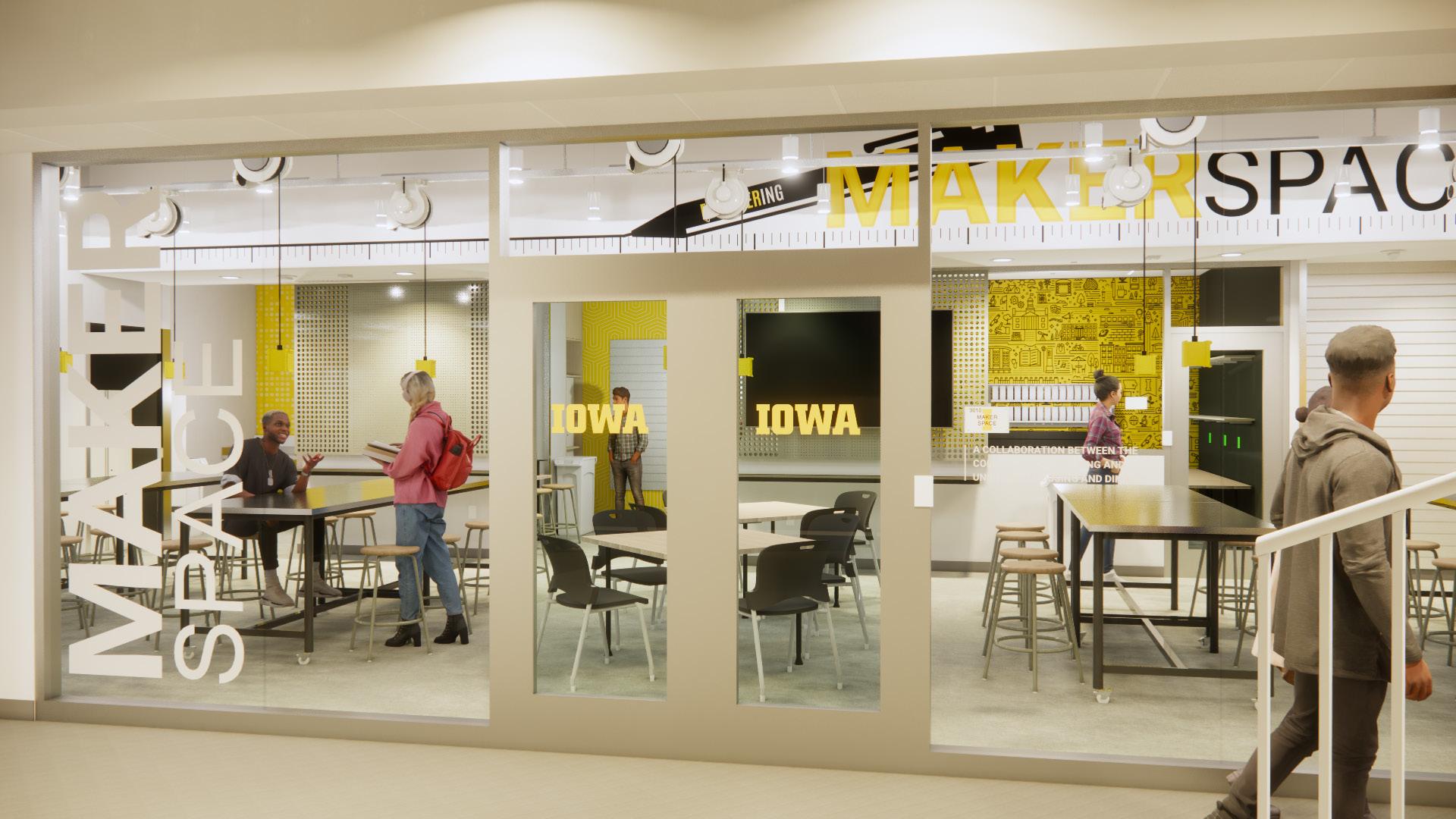 Rendering courtesy of The SLAM Collaborative
Rendering courtesy of The SLAM Collaborative
Elise Koltonowski, Chemical Engineering Plymouth, MN
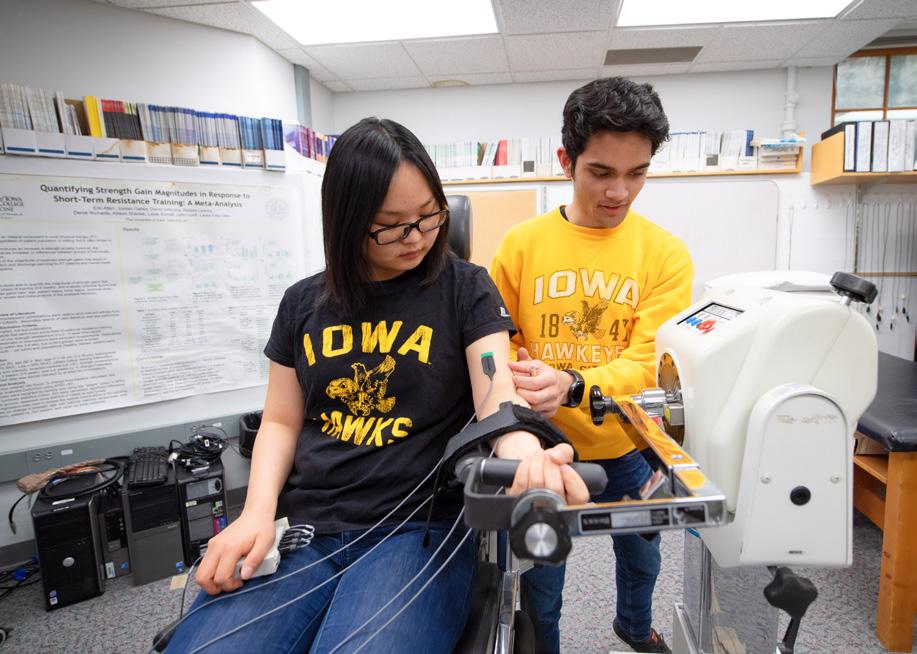
Biomedical engineers work to improve human health through the design and analysis of medical devices, processes, and systems – and by the discovery of new knowledge. You can pursue a wide range of career opportunities in industry, research, and as a physician or healthcare professional. Focus areas include bioimaging, biomechanics and biomaterials, cellular, and computational bioengineering.

Chemical engineers integrate chemical, physical, biological, and computational elements to provide solutions for societal needs. You’ll drive innovation in energy storage, computer chips, pharmaceuticals, consumer goods, waste treatment, and decarbonization. Focus areas include business, machine learning, safety and health, climate and energy, sensors, biotechnology, or a curriculum tailored to your personal interests.
Civil engineering is about community service, development, and improvement. You’ll work as a problem solver – meeting the challenges of pollution, traffic congestion, drinking water and energy needs, urban redevelopment, and building design. Focus areas include hydraulics and water resources, transportation, prearchitecture, urban and regional planning, management, and structures, mechanics, and materials.

The CSE degree combines the content of a computer science and computer engineering degree. Trained in both hardware and software, you’ll learn programming and develop skills in engineering analysis, design, and teamwork to create large, complex systems. Focus areas include bioinformatics, computer networks, data mining, entrepreneurship, Internet of Things, quantum computing and devices, and software engineering.
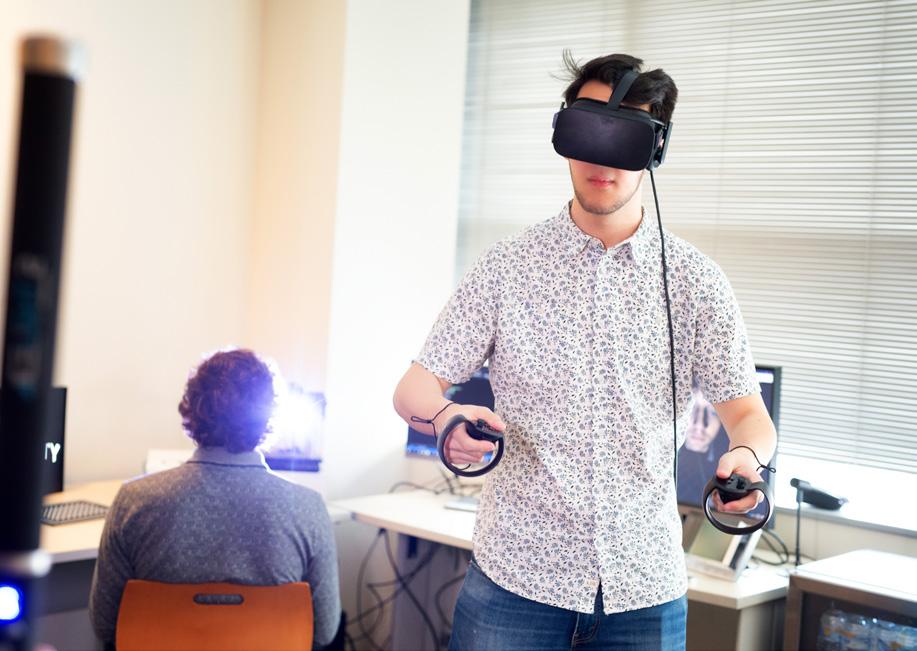
Electrical engineers train to understand hardware and software. Your work will have impacts from device physics to medical imaging, electronics to embedded systems, and communication to control-systems engineering. Focus areas include applied physics, bioinformatics, business, computer hardware, electronic and integrated circuits, Internet of Things, machine learning, power systems, and signal and image processing.
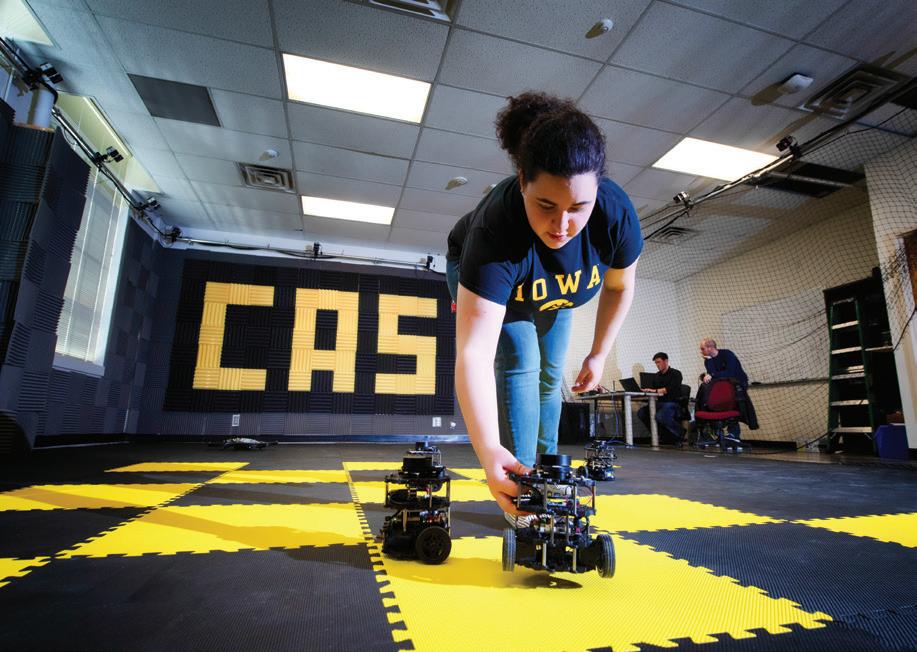
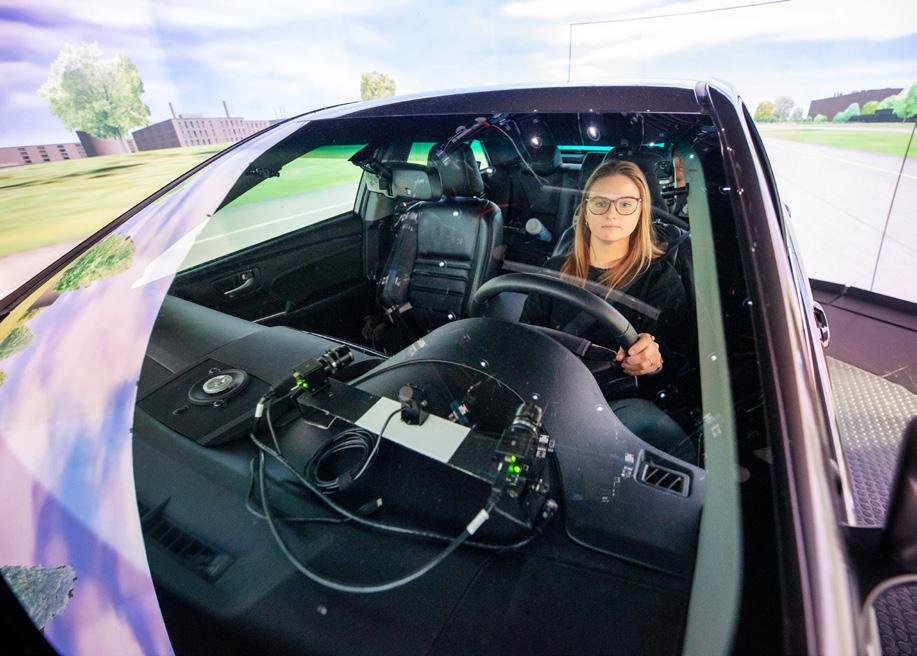

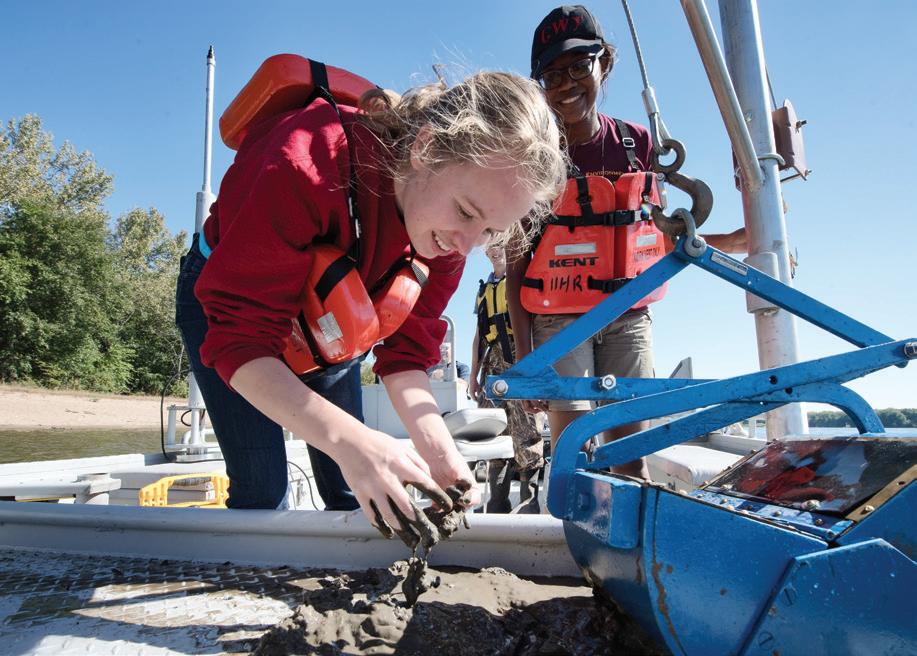
Environmental engineers design systems that support the well-being of people and the planet. As an environmental engineer, you’ll improve public health, the environment, and the lives of others by providing a clean and safe water supply, developing sustainable solutions for future generations, and treating pollution in air, water, and soil. Focus areas include public health and environmental.
Industrial engineers use psychology, systems theory, advanced math, and statistics to make processes, machines, healthcare, and organizations operate efficiently and effectively. You’re a key player in implementing change in complex systems – making our world better, faster, cheaper, and safer. Focus areas include big data analytics, computer and information systems, design and manufacturing, human factors, and management.
Mechanical engineers focus on energy, manufacturing, and design of machines. As a mechanical engineer you’ll design machines and systems for energy conversion, environmental control, materials processing, transportation, and materials handling. Focus areas include design, energy and environment, manufacturing, and robotics and autonomous systems.
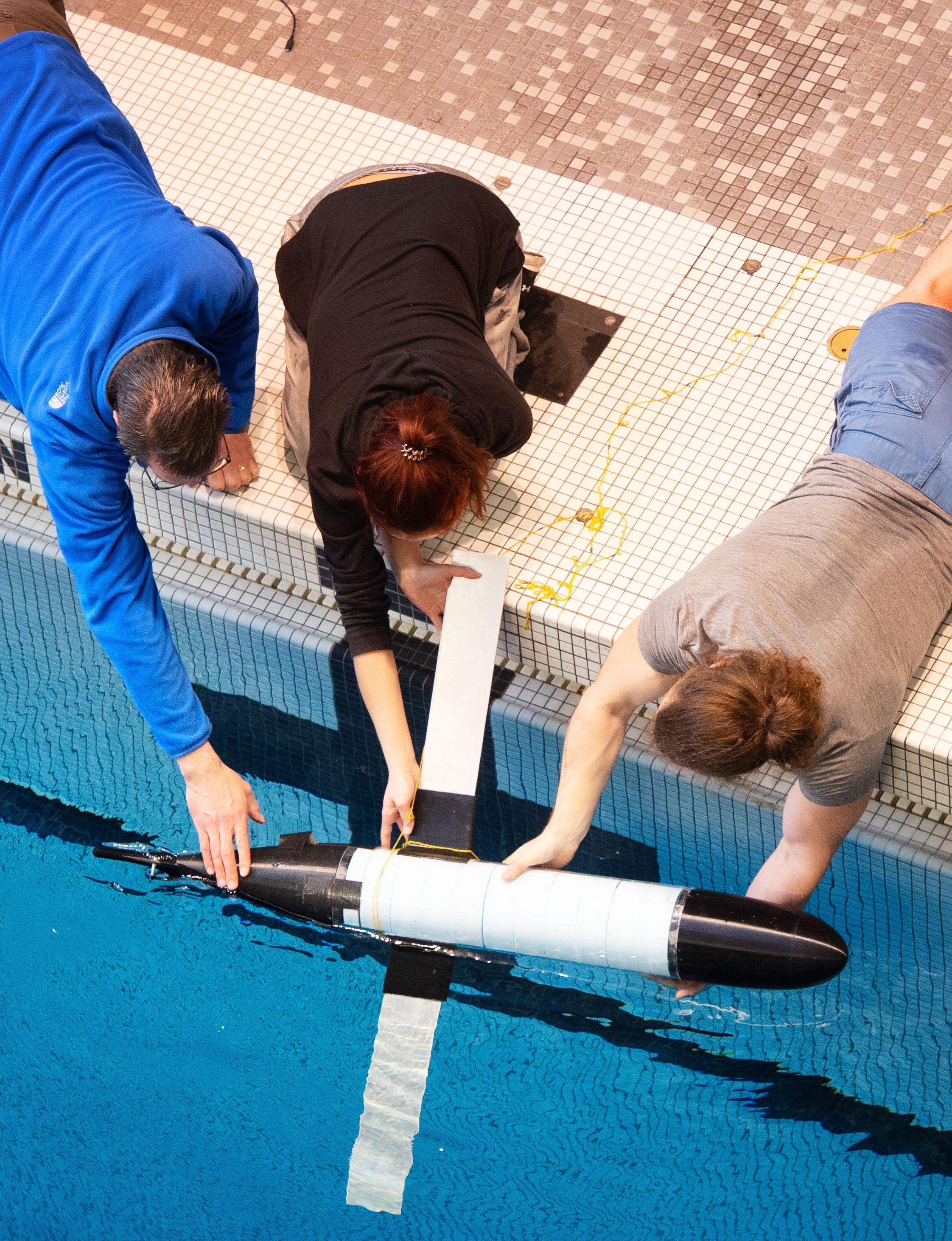
Do you want to improve the health and well-being of others?
With a world-class academic medical center and five health science colleges on campus, our students are on the frontlines of cutting-edge medical research. Iowa Engineers are exploring regenerative medicine, designing cellular-level solutions, enhancing medical imaging, and developing a next generation of biomedical devices.
Featured Research: Worthington Lab
Innovations in 3D printing have seen the use of light-based 3D printing for use in biology and medicine. Professor Kristan Worthington is working to make this a more sustainable process by exploring how alternative initiator molecules can be developed, possibly from natural sources such as plants.
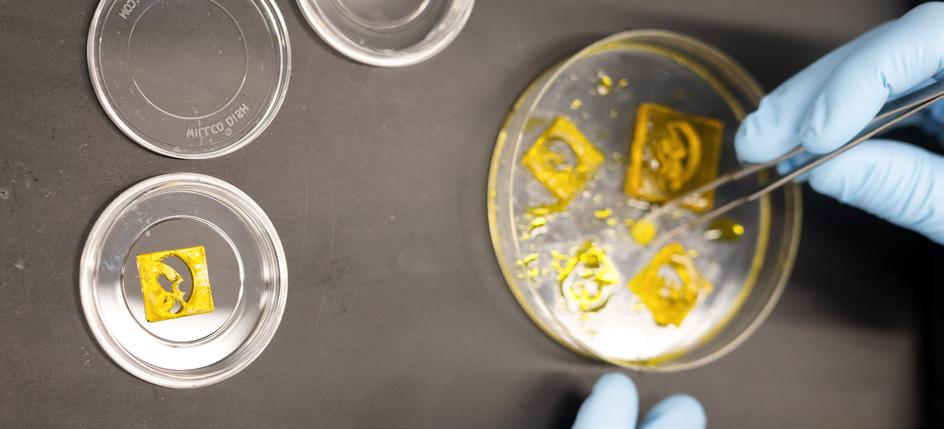
Are you passionate about sustainability?
Iowa engineers are exploring ways to provide clean water to underserved communities, enhancing renewable energy systems, creating new tools to identify wildfires, developing environmental sensors, and promoting sustainable practices.

Featured research: Center for Hydrological Development
Building on the work of the Iowa Flood Center, the only center in the nation focused solely on flood-related research, the Center for Hydrological Development advances scientific and applied engineering research in hydrology, river hydraulics, water resources, and communications at the regional and national scale.
Have you been eager to solve ongoing challenges using the latest technologies?
Iowa Engineers are shaping the future of automated driving, researching emerging aerospace technologies, deploying AI in hospitals, expanding virtual reality, creating cutting-edge robotics, enhancing material processing, and advancing 3D printing techniques.
Featured research: Operator Performance Lab
The Operator Performance Laboratory (OPL) is a worldrenowned flight test laboratory that conducts research in advanced navigation and sensors, autonomous systems, and artificial intelligence. OPL puts next-generation tech through its paces for agencies like the FAA, NASA, and the Department of Defense, as well as for partners like Collins Aerospace, Boeing, and Lockheed Martin.

Pareen Mahtre, Biomedical Engineering, was awarded Iowa’s Distinguished Student Leader Award for her role as a mentor in both the Society of Women Engineers and Women in Science and Engineering, leadership in the Indian Student Alliance, and research studying blood viscosity.

The College of Engineering offers resources to help you meet your professional and personal goals. You will benefit from flexible academic plans, faculty mentorship, opportunities for hands-on experience, and comprehensive career services.
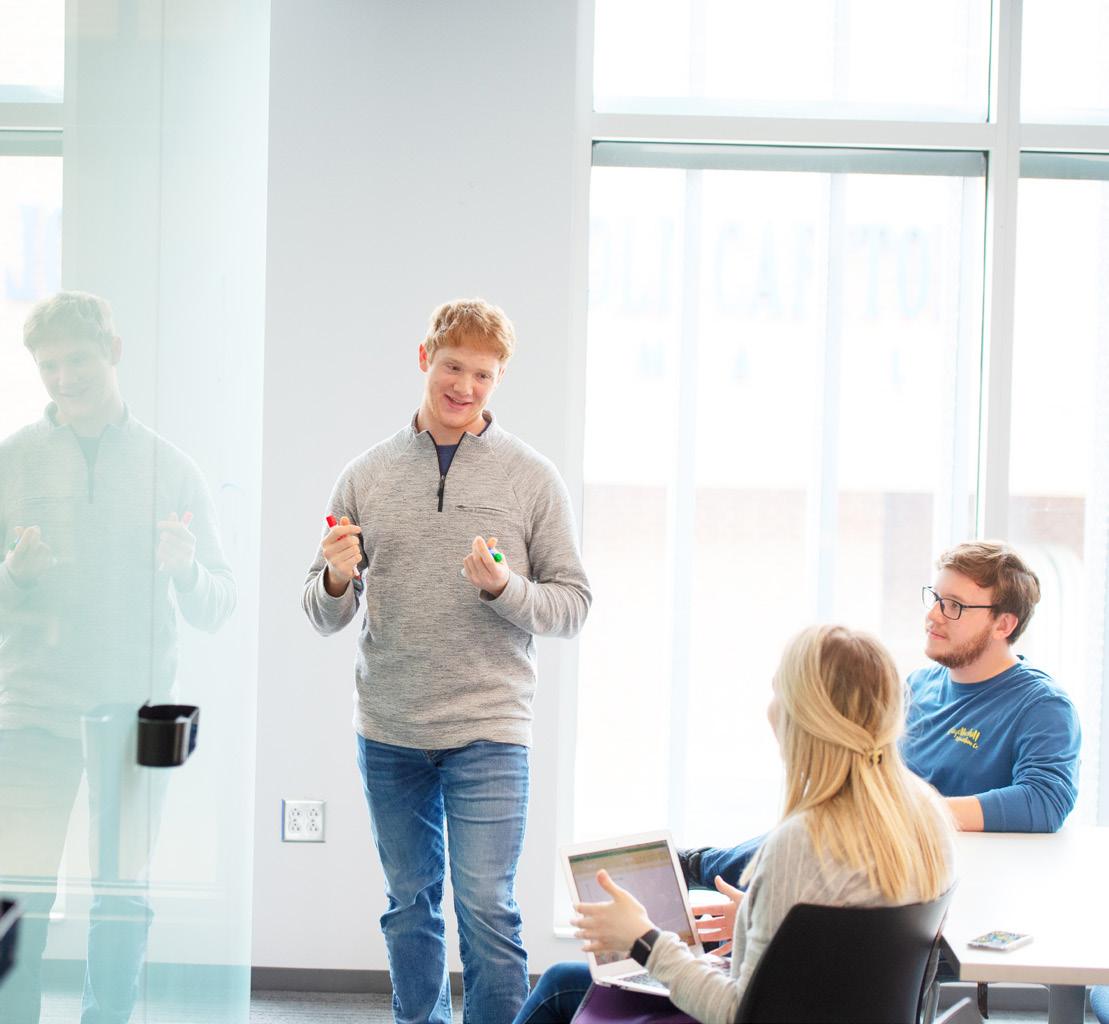
“Iowa Engineering is built to help students succeed. The support provided by Engineering Career Services and alumni helped me get an internship with Winnebago Industries in Iowa, a co-op with Collins Aerospace in New York, and an undergraduate research position in the Iowa Technology Institute.”
Jake Atzen, Industrial Engineering Pleasant Hill, IA
Engineering Career Services

Hanson Center for Communication
Leadership, Ethics, and Professional Pathways Academy (LEaPP)

Lichtenberger Engineering Library
People in Engineering (PIE)
Living-Learning Community

Engineering Student Success Team
Engineering Tutoring

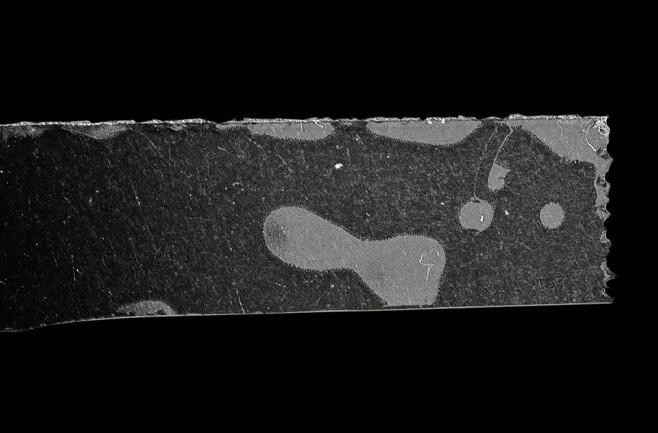

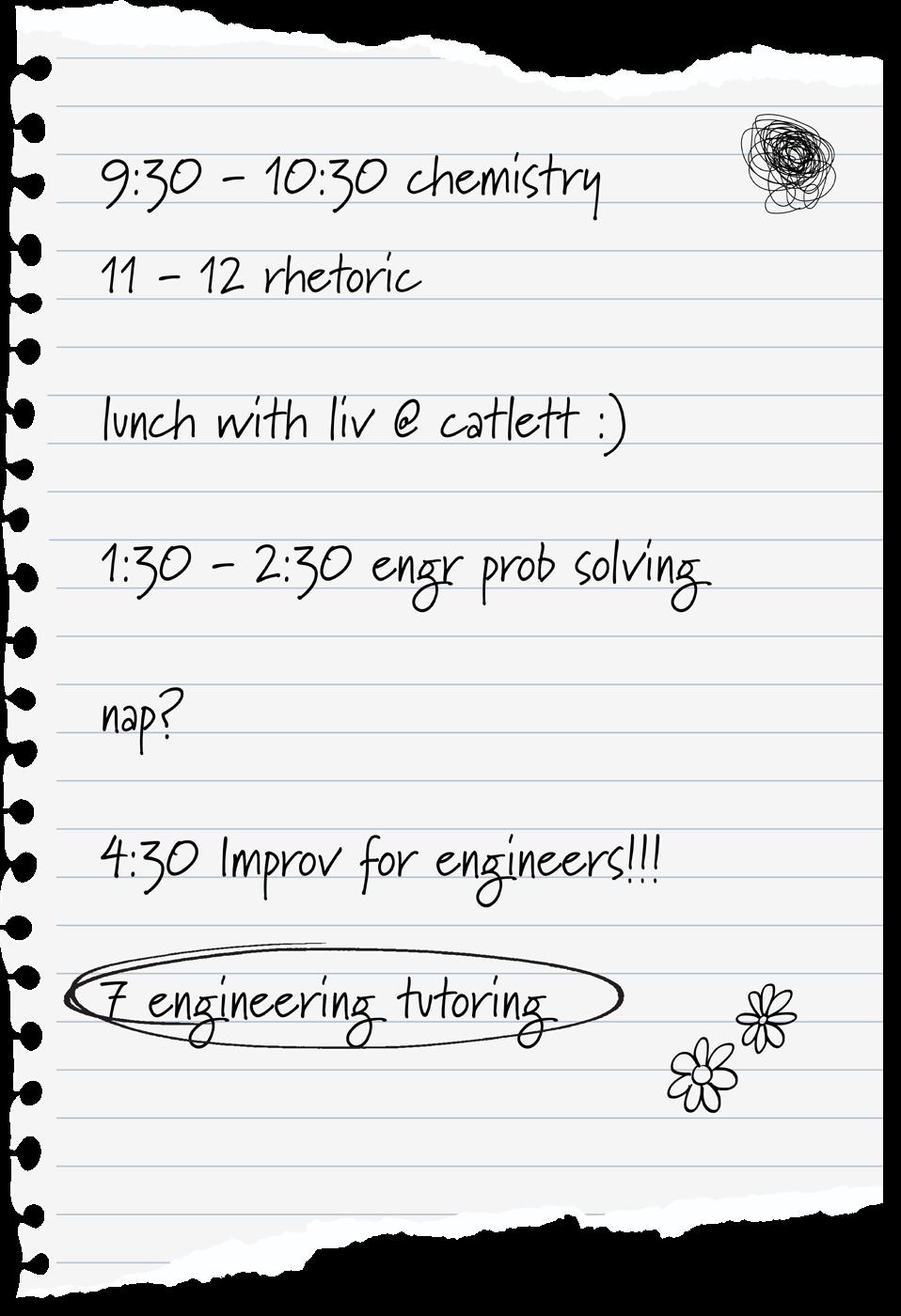
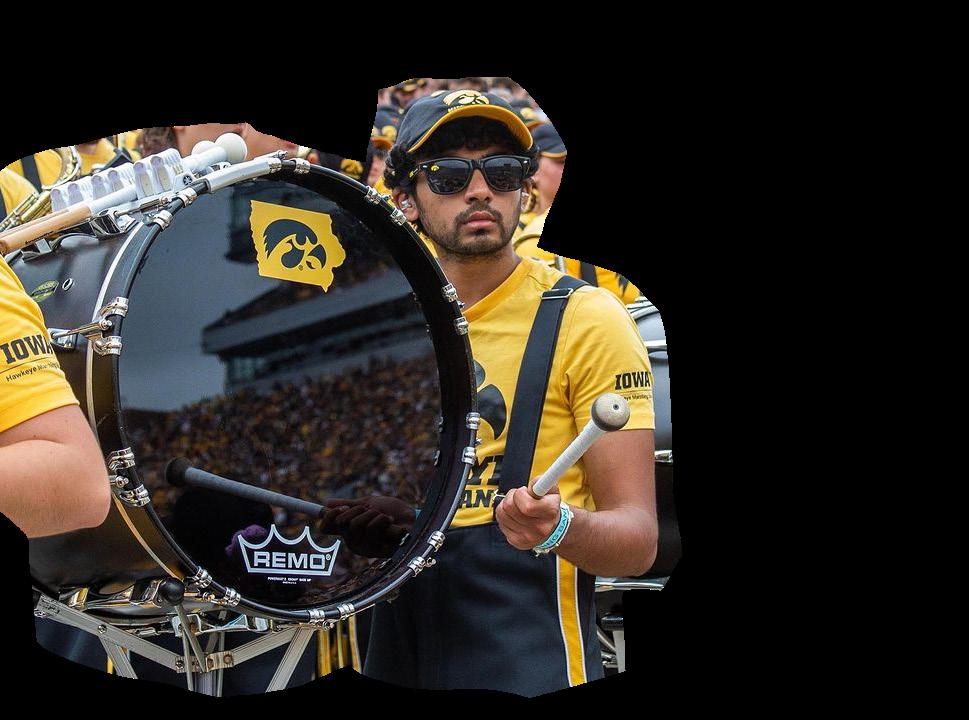


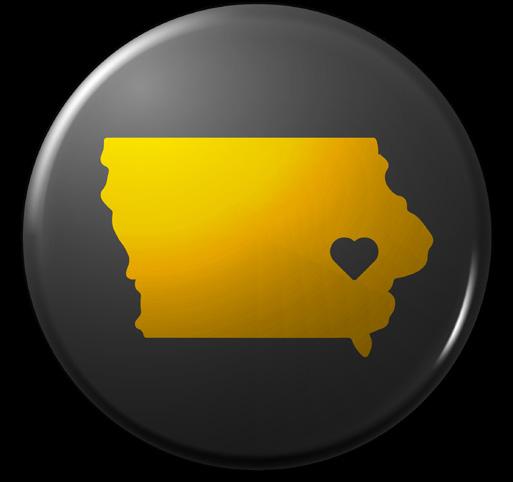




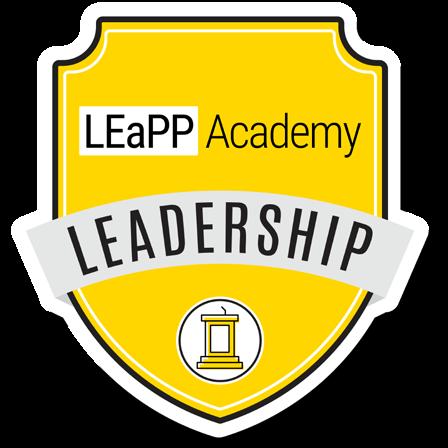
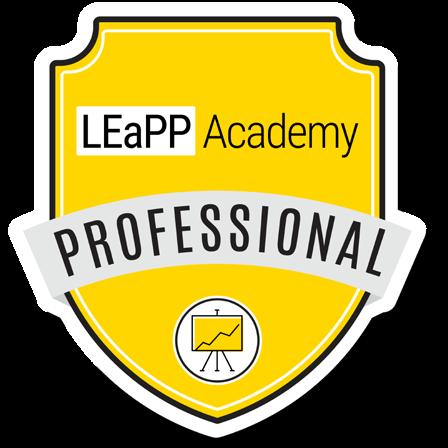
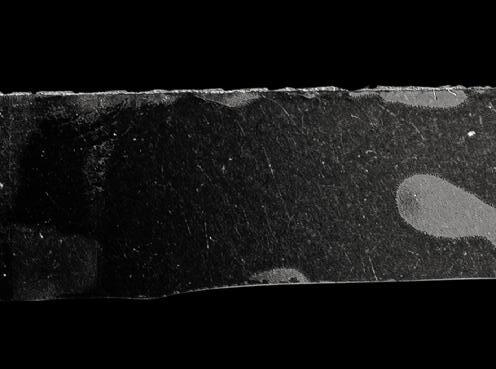
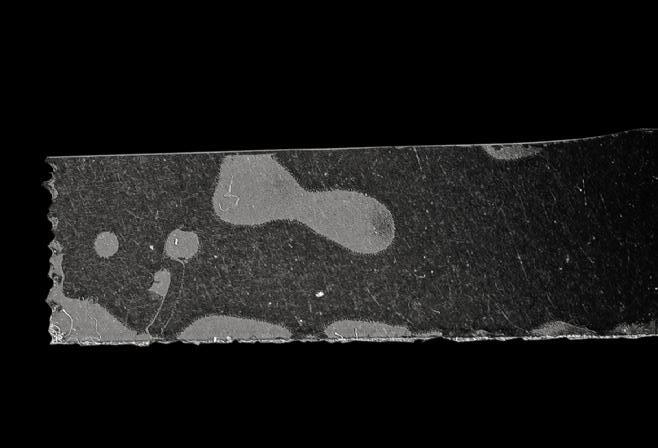
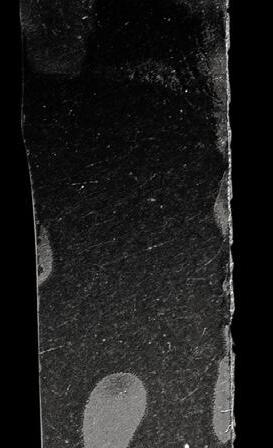





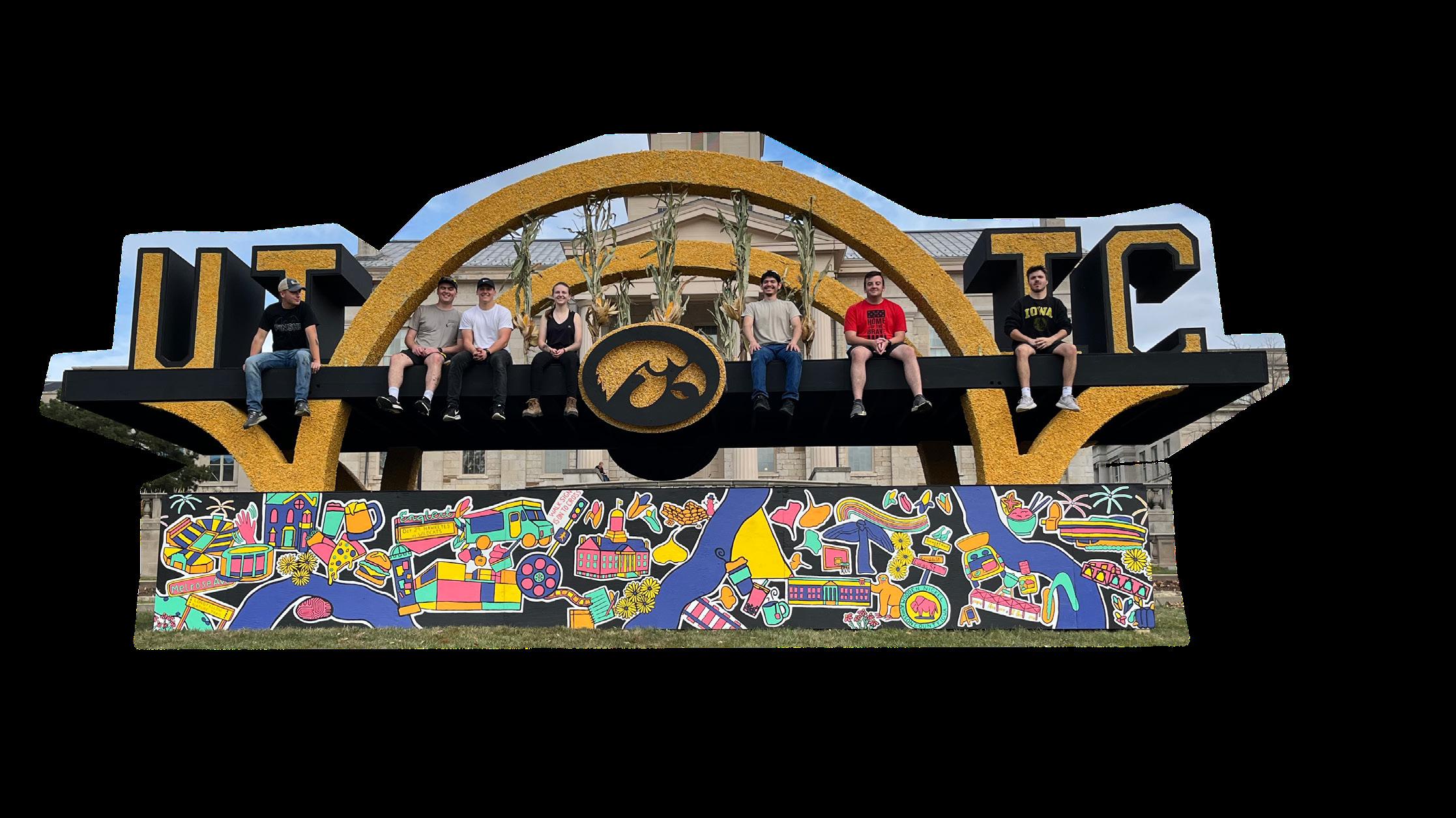

Hawkeye engineers graduate ready to excel in their careers.

CONTACT US FOLLOW US




engineering.uiowa.edu /UIowaEngineering
The Seamans Center provides the foundation for our community and is the academic home for students and faculty alike. Our building houses all engineering departments and is designed to provide a great learning environment composed of tech-infused classrooms, collaborative study spaces, workshops, meeting rooms, research labs, tutoring space, faculty offices, computer labs, and more. engr-admissions@uiowa.edu
